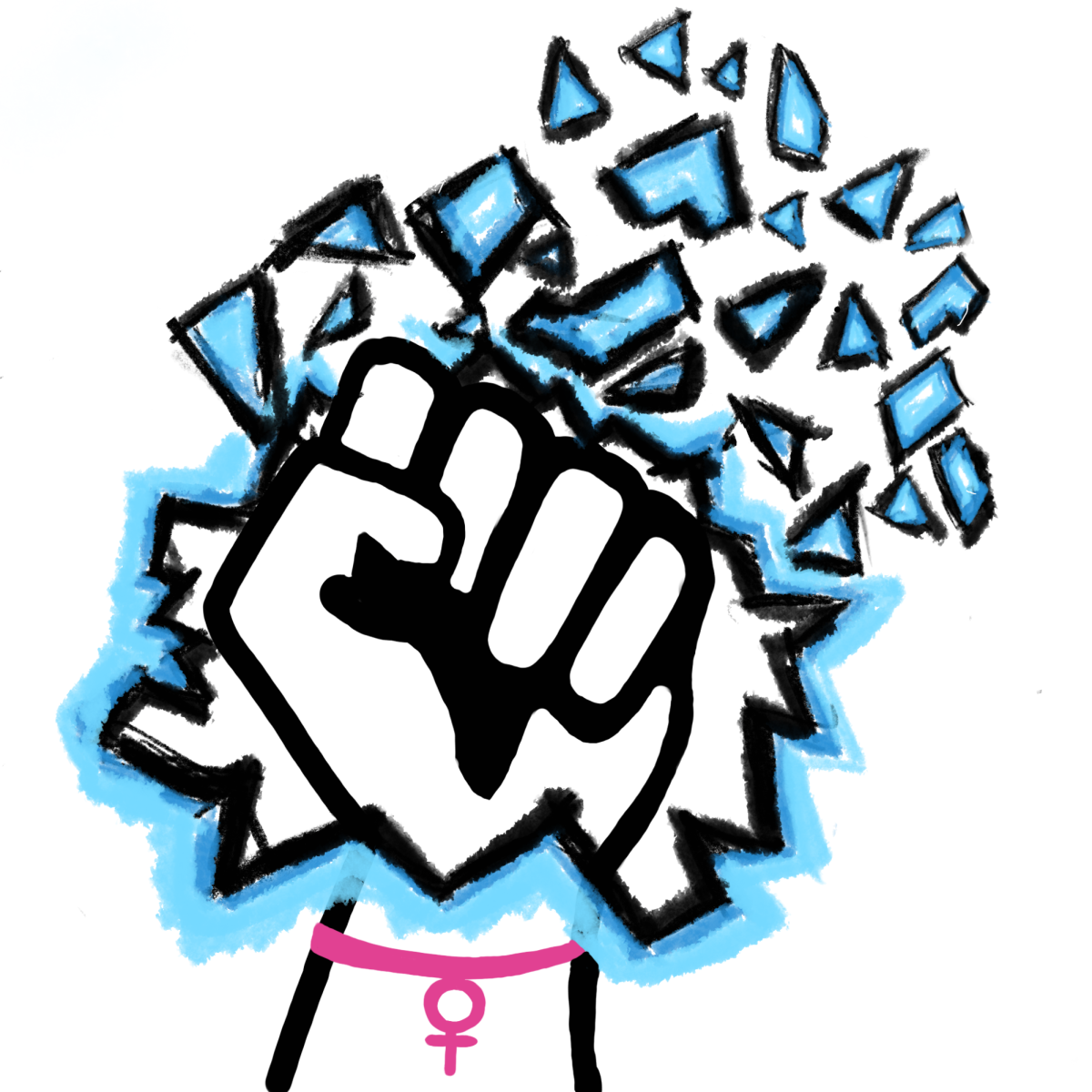Has a man at your job ever made you feel incompetent or like you could not perform as well as your male colleagues? Has he ever assigned you an easy task, told you that “You should smile more” or asked you “Is it that time of the month?” There is a good chance you have heard one of these phrases before, in and out of work. Even now, it is very common for women to face discrimination in the workplace. This is something many women face day-to-day, but like any issue, it is something society can work on and it starts with our generation.
A large number of industries are male-dominated, including finance, architecture and television. Alongside the gender wage gap that women are already conformed to, which says that women make 82 cents for every dollar a man makes, women continue to face other forms of gender discrimination at their jobs. According to the Pew Research Center, women are four times more likely to say they have been treated as incompetent because of their gender, and they are nearly three times more likely to report “repeated small slights at work because of their gender.”
Because gender-based discrimination is mostly seen in a male-dominated workplace, many believe the issue can be easily solved by hiring an equal number of women. However, this does not change the societal pressures and biases women have faced for years. According to research done by the Harvard Business Review, women in female-dominated occupations also report experiencing gender bias in the workplace. The study was done on four female-dominated industries, including healthcare, law, higher education and faith-based nonprofits. These women continued to experience constrained communication, a lack of acknowledgement for their work, being interrupted by men when speaking, a lack of mentors and sponsors and being forced to limit aspirations due to personal obligations.
How do we push for change?
As the youngest generation entering the workforce, it is our responsibility to advocate for equality; this can be done by starting with the recruitment process. Research shows that when applying for jobs, women feel they need to meet 100% of the criteria, while men apply after only meeting about 60% of the criteria. To encourage more women to apply for jobs, it is important to make job posts more inclusive and focus on “must-haves” under requirements rather than “want-to-haves.” Another way to balance the recruitment process is to remove questions regarding gender, as this will help prevent subconscious bias.
It is also crucial to highlight women when promoting companies. It is no secret that people like to see themselves represented, as it helps them envision themselves in those positions. Seeing someone in a position of power who has a similar background as you will allow you to easily imagine being in those shoes. A woman of color does not feel represented if all the promotional material for a company is purely White men. If the company highlights women in leadership, it will inspire more women to apply.
Another way we can begin to encourage women in the workforce is by extending more support when it comes to maintaining a work-life balance. This can be done by offering remote or hybrid work when necessary for mothers or women who request menstrual leave. It is also important to stop placing penalties on women taking menstrual, caretaker or maternal leave. Everyone deserves the right to prioritize their health and personal life, and this should not fall short for women.
Ensuring that women feel they have equal resources and opportunities is key to empowering women in the workforce. Other ways this can be done are by making women mentors available, ensuring women have a voice in their projects, guaranteeing they receive proper credit and enforcing anti-harassment rules. Change can be made, and we have already started. Little by little, woman by woman, we have begun to make an impact. With the resources being provided to women in the workforce, we are beginning to see more women in leadership positions. Let us keep pushing and change these numbers even more.
As the generation that is just now growing into their career, whether it be applying to a first job or starting a business, it is our responsibility to eliminate gender inequality in the job industry. It is in our hands to empower women in all workplaces and allow room for fair treatment and equal opportunity. Let us learn to embrace femininity, as it is not a bad thing. Being feminine does not make a woman less competent, resourceful or powerful. Women are just as capable as men, and it is long overdue that women are treated as such.

















